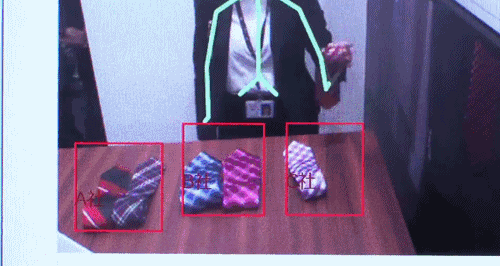Mock & Stub
Stub

Stub (Bouchon)
Stubs provide canned answers to calls made during the test, usually not responding at all to anything outside what's programmed in for the test.
Martin Fowler
Stub
[TestClass]
class TestStockAnalyzer
{
[TestMethod]
public void TestContosoStockPrice()
{
// Create the fake stockFeed:
IStockFeed stockFeed =
new StockAnalysis.Fakes.StubIStockFeed() // Generated by Fakes.
{
// Define each method:
// Name is original name + parameter types:
GetSharePriceString = (company) => { return 1234; }
};
// In the completed application, stockFeed would be a real one:
var componentUnderTest = new StockAnalyzer(stockFeed);
// Act:
int actualValue = componentUnderTest.GetContosoPrice();
// Assert:
Assert.AreEqual(1234, actualValue);
}
...
}Mock

Mock
Mocks are pre-programmed with expectations which form a specification of the calls they are expected to receive. They can throw an exception if they receive a call they don't expect and are checked during verification to ensure they got all the calls they were expecting.
Martin Fowler
Mock
import static org.mockito.Mockito.*;
@Test
public void testVerify() {
// create and configure mock
MyClass test = Mockito.mock(MyClass.class);
when(test.getUniqueId()).thenReturn(43);
// call method testing on the mock with parameter 12
test.testing(12);
test.getUniqueId();
test.getUniqueId();
// now check if method testing was called with the parameter 12
verify(test).testing(Matchers.eq(12));
// was the method called twice?
verify(test, times(2)).getUniqueId();
// other alternatives for verifiying the number of method calls for a method
verify(mock, never()).someMethod("never called");
verify(mock, atLeastOnce()).someMethod("called at least once");
verify(mock, atLeast(2)).someMethod("called at least twice");
verify(mock, times(5)).someMethod("called five times");
verify(mock, atMost(3)).someMethod("called at most 3 times");
}